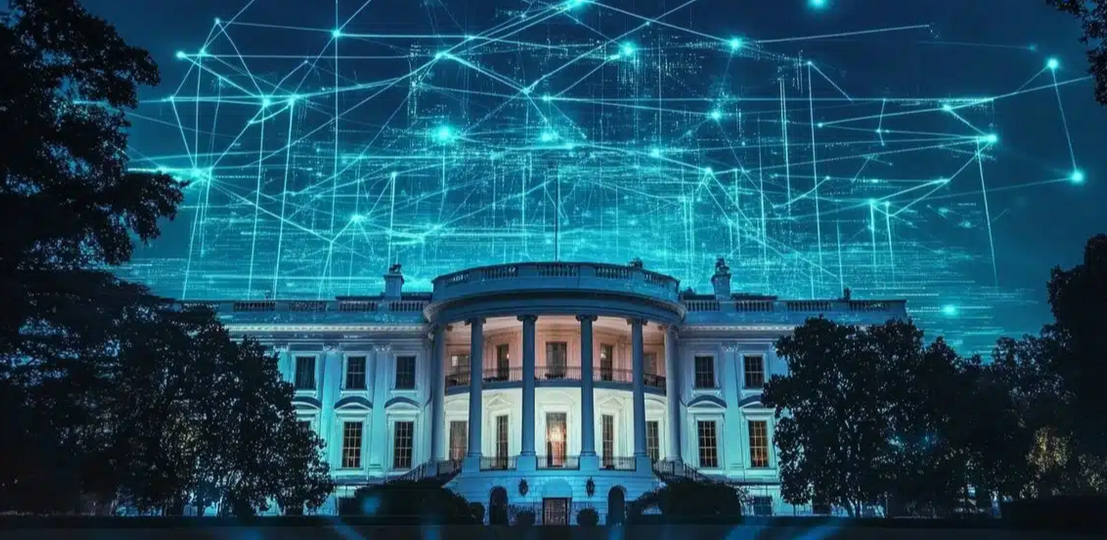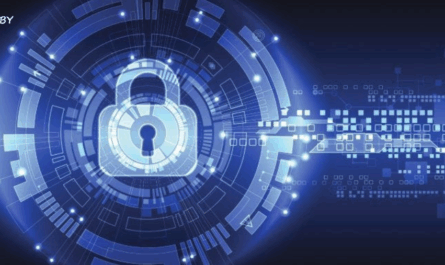In the lead-up to and aftermath of the 2024 U.S. presidential election, federal agencies raised alarms about potential interference from foreign actors, particularly nations like Russia and Iran, targeting American democratic processes through digital disinformation campaigns. These campaigns aimed to undermine the credibility of the election, disrupt public confidence, and influence voter behavior. While these threats were taken seriously, preliminary post-election analysis suggests that the impact of foreign disinformation was limited, thanks to improved cybersecurity measures, public awareness, and proactive government intervention.
FBI and CISA: Early Detection and Mitigation
Both the Federal Bureau of Investigation (FBI) and the Cybersecurity and Infrastructure Security Agency (CISA) played crucial roles in safeguarding the election. Agencies issued early warnings about foreign influence operations designed to sow division, spread false information, and manipulate narratives on social media platforms.
According to CISA, the 2024 presidential election was among the most secure in recent history. Minor disinformation campaigns linked to foreign actors, including China, Iran, and Russia, were effectively neutralized. By identifying attacks early, disseminating accurate information to the public, and coordinating with social media platforms, CISA and the FBI prevented disinformation from dominating news cycles or inciting unrest.
Erik Easterly, a leading cybersecurity expert, highlighted that early detection and proactive public awareness campaigns played a decisive role in maintaining electoral integrity. Even as foreign actors attempted to manipulate narratives, the combination of federal oversight and civic vigilance reduced the potential for disruption.
Evolution of Disinformation Tactics
Foreign influence operations have evolved significantly since earlier elections. In 2016, Russian interference relied heavily on social media manipulation and targeted misinformation campaigns, which successfully exploited gaps in public awareness and platform oversight.
In 2024, experts note that disinformation tactics became more sophisticated but less effective in swaying the overall election outcome. Erich Kron, Security Awareness Advocate at KnowBe4, observed that while the volume of disinformation decreased, the tools used by foreign actors became more nuanced, often blending subtle psychological manipulation with traditional propaganda.
Chris Hauk, a consumer privacy advocate, emphasized that growing public awareness and cybersecurity education initiatives have mitigated the effectiveness of these campaigns. Citizens are increasingly able to recognize and question false narratives, making it harder for foreign actors to achieve meaningful influence.
Cybersecurity Professionals and Election Security
Experts from organizations such as DomainTools Security Advisor have highlighted the progress made since the 2016 election. Malachi Walker, a cybersecurity advisor, explained that foreign actors were most successful in that cycle due to limited oversight and inadequate public awareness. Since then, CISA has strengthened its protocols, separating election security responsibilities from the National Protection and Programs Directorate in 2018 to better manage operational and cybersecurity risks.
Although disinformation did not alter the election’s outcome in 2024, experts caution that these campaigns still pose societal risks. David Brumley, CEO of Mayhem Security, noted that even minor disinformation efforts can erode public trust, deepen political polarization, and create long-term uncertainty. By exaggerating fear, uncertainty, and doubt (FUD), political figures and malicious actors can amplify the perceived credibility of false information, increasing its influence over time.
Lessons from Past Controversies
While disinformation continues to evolve, other techniques may pose even greater risks to electoral integrity. The Cambridge Analytica scandal and the Clinton Wikileaks incident demonstrated how psychological profiling, targeted political advertising, and the misuse of personal data can significantly influence voter behavior.
Through the theft of millions of Facebook users’ data, Cambridge Analytica created detailed psychological profiles to deliver highly personalized content, exploiting emotional vulnerabilities and political preferences. These incidents highlighted the potential for sophisticated data-driven strategies to manipulate public opinion more effectively than traditional disinformation campaigns.
Brumley emphasized that foreign actors’ primary goal is not necessarily to support a particular candidate but to foment societal discord, weaken cohesion, and erode trust in democratic institutions. Unlike targeted political campaigns, foreign influence efforts often aim to create confusion, amplify polarization, and destabilize civil society.
Public Awareness as a Defense Mechanism
One of the most significant developments in recent years is the increase in public awareness regarding misinformation and disinformation. Educational initiatives, media literacy campaigns, and cybersecurity outreach programs have helped Americans better identify false information, reducing the impact of foreign influence operations.
Experts note that while the sophistication of foreign tactics continues to rise, a more informed electorate is less susceptible to manipulation. The cumulative effect of long-term awareness campaigns and strategic monitoring by federal agencies has made it more difficult for malicious actors to achieve widespread disruption.
The Role of Social Media
Social media platforms remain central to the dissemination of both true and false information. Platforms like Facebook, Twitter/X, TikTok, and Instagram are critical tools for campaigns, civic engagement, and public discourse. However, they also serve as vectors for misinformation campaigns and psychological operations (psyops).
CISA, in collaboration with tech companies, has implemented real-time monitoring, early alerts, and proactive content moderation strategies to mitigate disinformation. While these measures cannot eliminate false content entirely, they significantly reduce the likelihood of disinformation spreading unchecked.
Future Threats and Considerations
As the 2024 election illustrates, the U.S. electoral system is more resilient than ever. The decentralization of election infrastructure, improved cybersecurity protocols, and increased social awareness have created a robust defense against foreign interference.
However, experts warn that foreign actors may adapt, using emerging technologies or revisiting old strategies to influence voters. The potential misuse of personal data, artificial intelligence, and targeted advertising could represent the next frontier of influence operations, requiring continuous vigilance, innovation, and public education.
Brumley and other cybersecurity specialists stress that while current disinformation efforts were largely unsuccessful in changing election outcomes, the strategic misuse of data-driven psychological operations could surpass traditional disinformation campaigns in effectiveness.
Conclusion: A More Secure Electoral System
The 2024 U.S. presidential election demonstrates the success of collaborative efforts between government agencies, tech platforms, and the public in mitigating the threat of foreign disinformation. The FBI and CISA, combined with increased public awareness and media literacy, have helped create an environment where elections are safer and more transparent.
While foreign actors continue to seek opportunities to erode trust in democratic processes, the American electoral system is more resilient than ever. Experts emphasize that vigilance, cybersecurity education, and strategic oversight are crucial to maintaining electoral integrity in future cycles.
As the landscape of digital influence evolves, emerging technologies and psychological operations may pose new challenges. Yet, the 2024 election serves as a model for safeguarding democracy against external threats, highlighting the importance of preparedness, public awareness, and adaptive strategies in an increasingly digital world.




